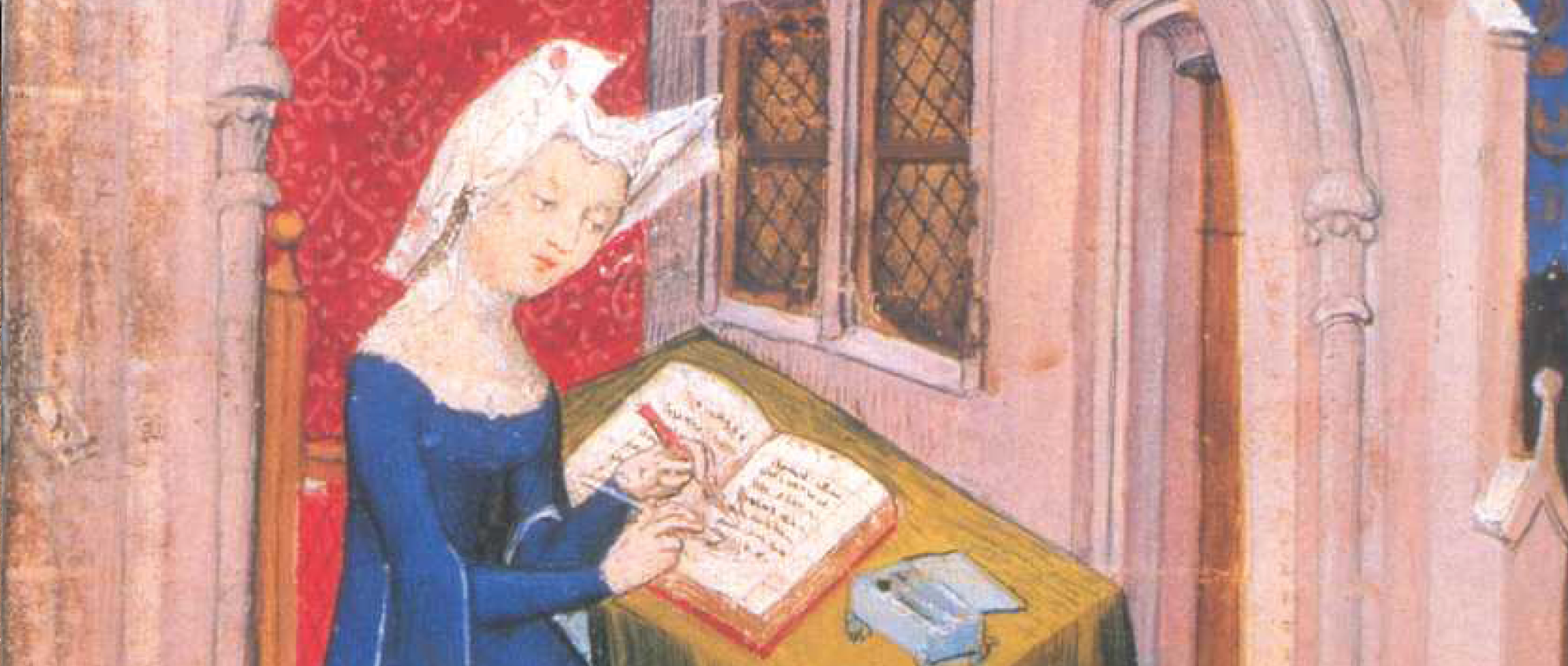Francophonie or Postcolonial Studies?
Francophonie hides more than it reveals, is this why we need to approach the subject via the Postcolonial Studies framework? This course develops around a conceptual toolkit (universalism, hybridity, feminisms, diglossia, transnationalism, etc.) to get a better understanding of vision and division around language, identity, memory, national imaginary, and so forth. The works studied reflect on the problematics of the youngest generation of francophone writers. At the same time, course assignments facilitate practice with critical thinking (emphasis on participation), reading reports, exposés, and a research project. In French.
Required readings:
Bachi, Salim. Amours et aventures de Sindbad le marin (2010)
Confiant, Raphaël. Eau de café (1991)
Miano, Léonora. La saison de l’ombre (2013)
Slimani, Leïla. Chanson douce (2016)
Recommended readings:
Badran, Margot. Feminists, Islam, and Nation (1996)
Bhaba, Homi. The Location of Culture (1994)
Césaire, Aimé. Discours sur le colonialisme (1950)
Combe, Dominique. Littératures francophones. Questions, débats, polémiques (2010)
Confiant, Raphaël. Éloge de la créolité (1989)
Fanon, Frantz. Peau noire, masque blanc (1952)
Forsdick, Charles (ed.). Francophone Postcolonial Studies: A Critical Introduction (2003)
Gauvin, Lise. Écrire, pour qui: l’écrivain francophone et ses publics (2007)
Glissant, Édouard. Poétique de la relation (1990)
Khatibi, Abdlekébir. Amour bilingue (1983)
Laroussi, Farid. Postcolonial Counterpoint. Orientalism, France and the Maghreb (2016)
Lionnet, Françoise. Postcolonial Representations: Women, Literature, Identity (1995)
Mabanckou, Alain. Penser et écrire l’Afrique aujourd’hui (2017)
Mbembe, Achille. Critique de la raison nègre (2013)
Provenzano, François. Vies et mort de la francophonie (2011)
Said, Edward. Orientalism (1978)
Spivak, Gayatri. A Critique of Postcolonial Reason (1999)
Prerequisite:
One of FREN 320, FREN 321, FREN 328, FREN 329, FREN 330
Note:
FREN 418 may be taken twice, with different content, for a maximum of 6 credits.
Language of instruction: French
Course Registration
